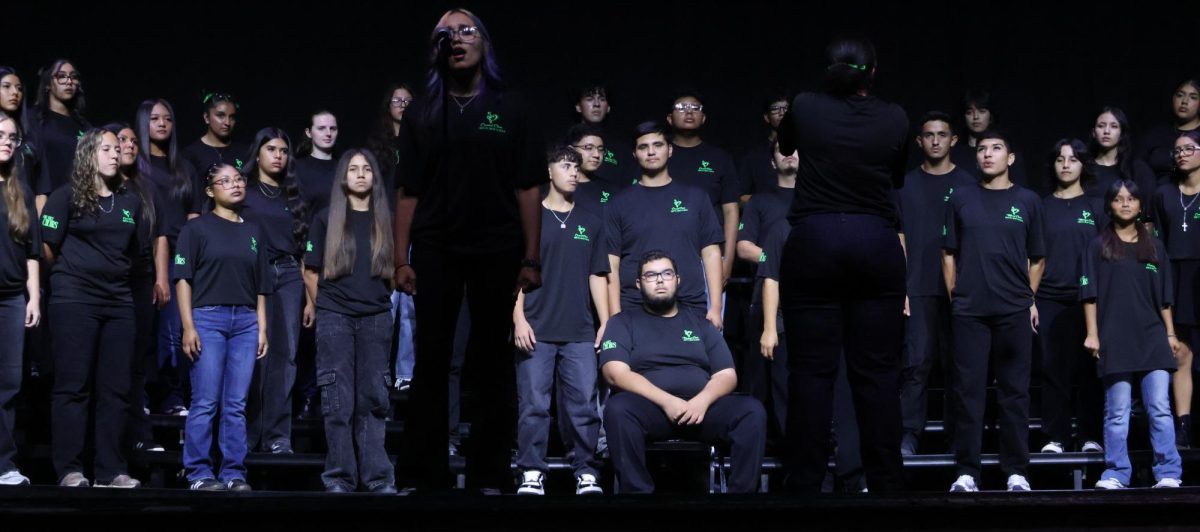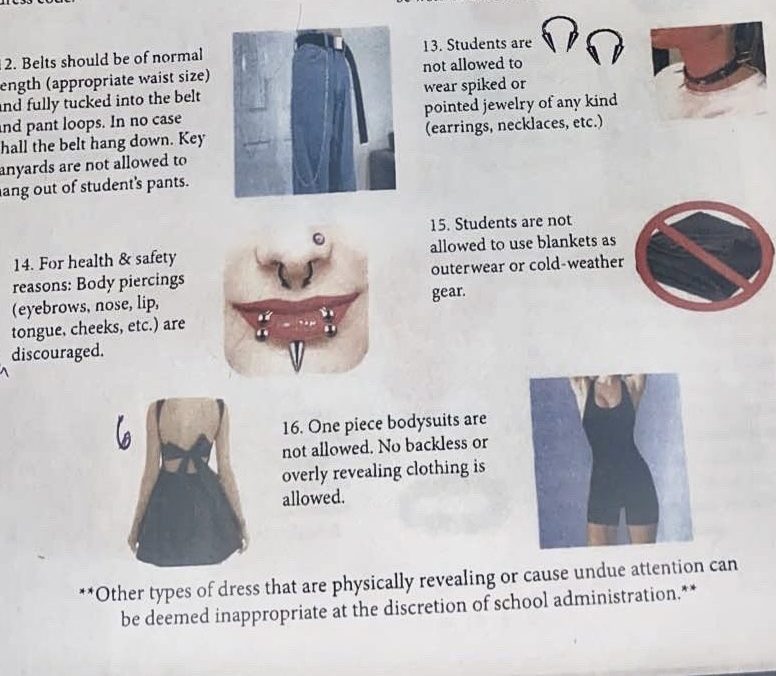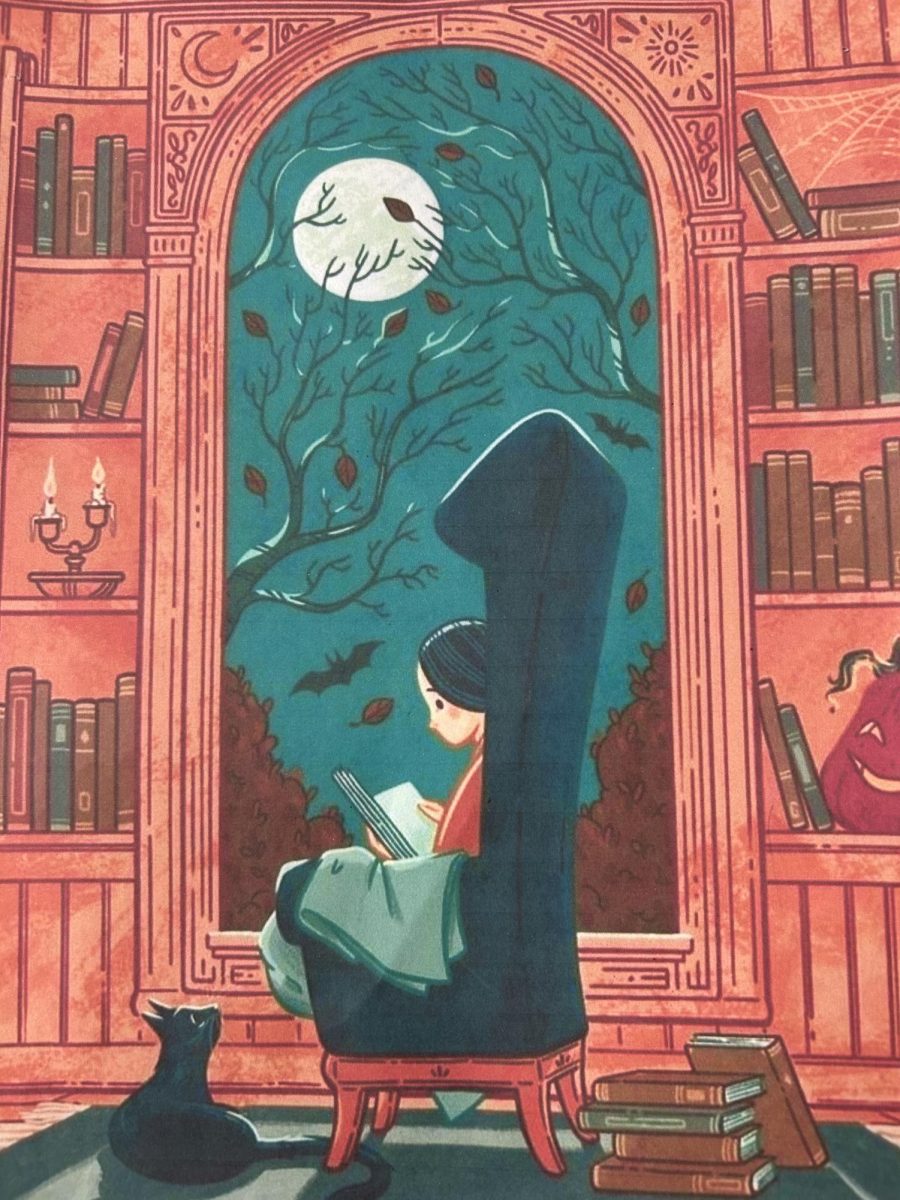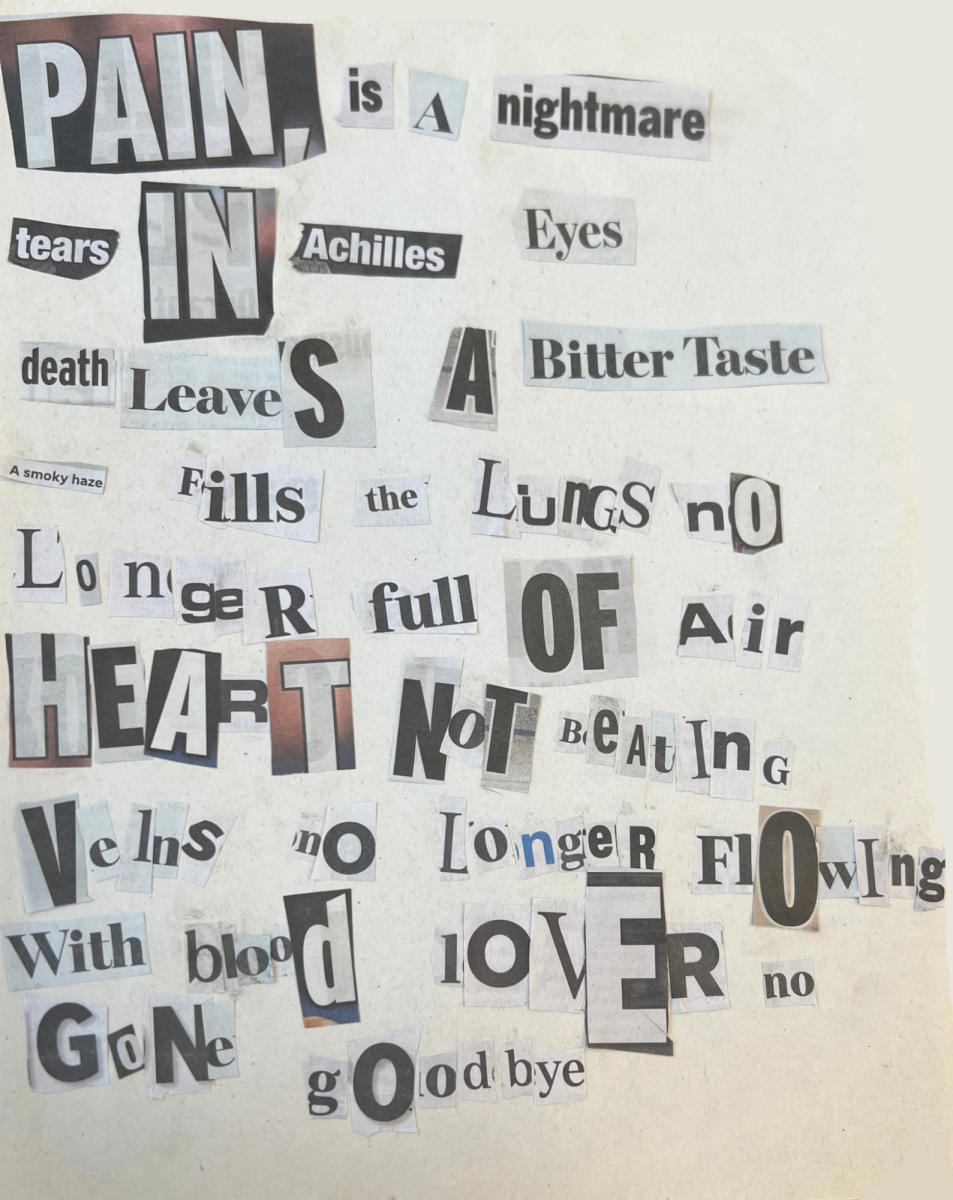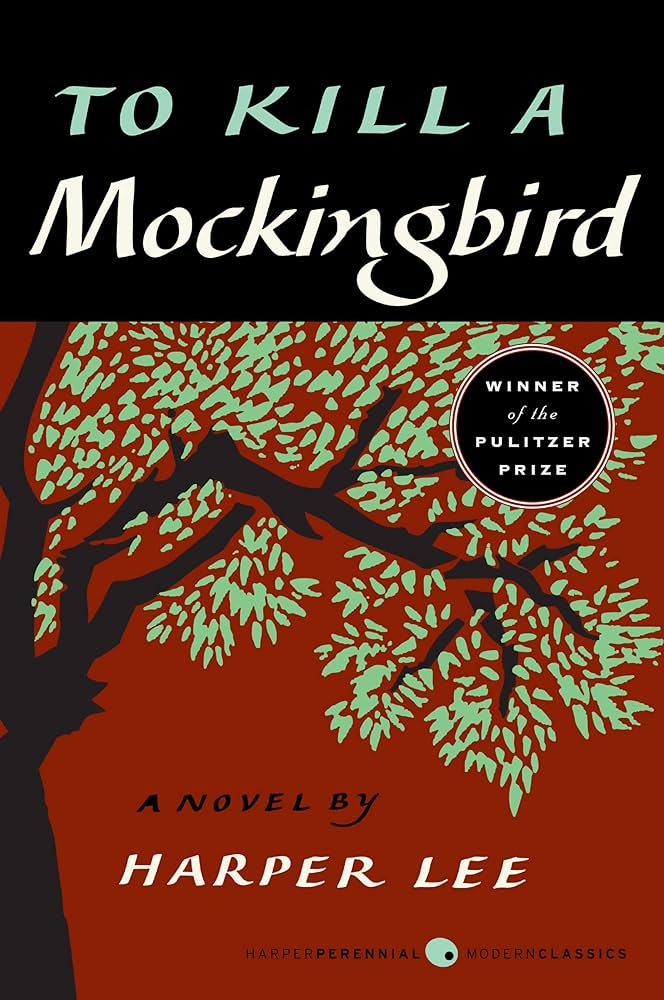Many of the classic books that are cherished by readers and often taught in schools have been challenged time and time again in an effort to keep them off the shelves. Of Mice and Men, To Kill a Mockingbird, The Catcher in the Rye, and One Flew Over the Cuckoo’s Nest are all beloved classics that have been pushed against due to their subject matter. These books were all very revolutionary for their time and put forward ideas that hadn’t been put into the public eye yet. This is often the reason that books are challenged. They are filled with ideas that people aren’t ready to accept.
Over time, certain groups have taken it upon themselves to try and remove different books from shelves that contain subject matter they do not agree with. For example, both The Catcher in the Rye and One Flew over the Cuckoo’s Nest were banned due to their “vulgarity.” J.D. Salinger’s The Catcher in the Rye is about a sixteen year old boy named Holden Caulfield and his struggles with depression after his expulsion from school. One Flew Over the Cuckoo’s Nest by Ken Kesey is about the lives of men inside of a psych ward – the issues they must deal with, the people they’re surrounded by, and the mistreatment they face from the staff. Both novels contain very real content with situations that could happen to people in real life.
The same is the case for both Harper Lee’s To Kill a Mockingbird and John Steinbeck’s Of Mice and Men. All four novels deal with the harsh realities of real people in real situations. Considering the time that they were written, it’s obvious as to why the people who had issues with them would be so offended. Now, reading them with a broader idea of how the world functions, the novels being challenged for the reasons they were seems extremely trivial and almost as if they’re a cover up for a much larger issue. This issue being that certain people do not agree with the contents of the novels, and instead of just putting them down, decide that they need to be removed from shelves.
A big reason for a lot of banned content is strictly a difference in opinion. There is also an underlying fear that what teenagers read about in books like The Catcher in the Rye will be imitated. Often novels are looked upon at the surface level; The Catcher in the Rye is about a troubled child, One Flew Over the Cuckoo’s Nest is about crazy, violent men, Of Mice and Men is about two poor, vulgar working men, and To Kill a Mockingbird is about the vulgar and poor treatment of African Americans and the little girl who plays a part in it. These books all have more to offer than what some people take them for. They do not deserve to be pulled from the shelves, they have something to offer.
When looked into and understood, the novels have so much to give to the people that read them. The Catcher in the Rye deals with the topic of anxiety and depression in a teenager, and may serve as an outlet for those affected by those issues. It offers a different perspective on what being mentally ill might be like to people that have never understood it before. One Flew Over the Cuckoo’s Nest also deals with mental health, but sheds light on the fact that a lot of people struggling with severe mental health problems are often mistreated and looked at as less than human. Of Mice and Men brings to reality what it is like to work and struggle for money, housing, and respect. The story holds vulnerability that outshines the stereotype of the “working man”, it sheds light on a completely different aspect of life that many don’t consider. To Kill a Mockingbird shows the unfair and unjust treatment of African Americans through the lens of a little girl watching her father defend an innocent black man in court. Through this novel, the unjust treatment of minorities is explored while also giving insight into adolescence and growing up.
The challenging and banning of these novels takes away the insight that children who read them gain. Life is all about perspectives, and books are a clear way into these perspectives. It’s unfair to take something at surface level and decide that none of it is worthwhile. The reason these books are taught in schools is because of the value they have to the reader. The information they give is worthwhile and eye-opening to some who have yet to learn about what the world is like outside of their school or town. Books should not be banned, they should be free for anybody to read at any time, if people don’t like them they can put them down.



